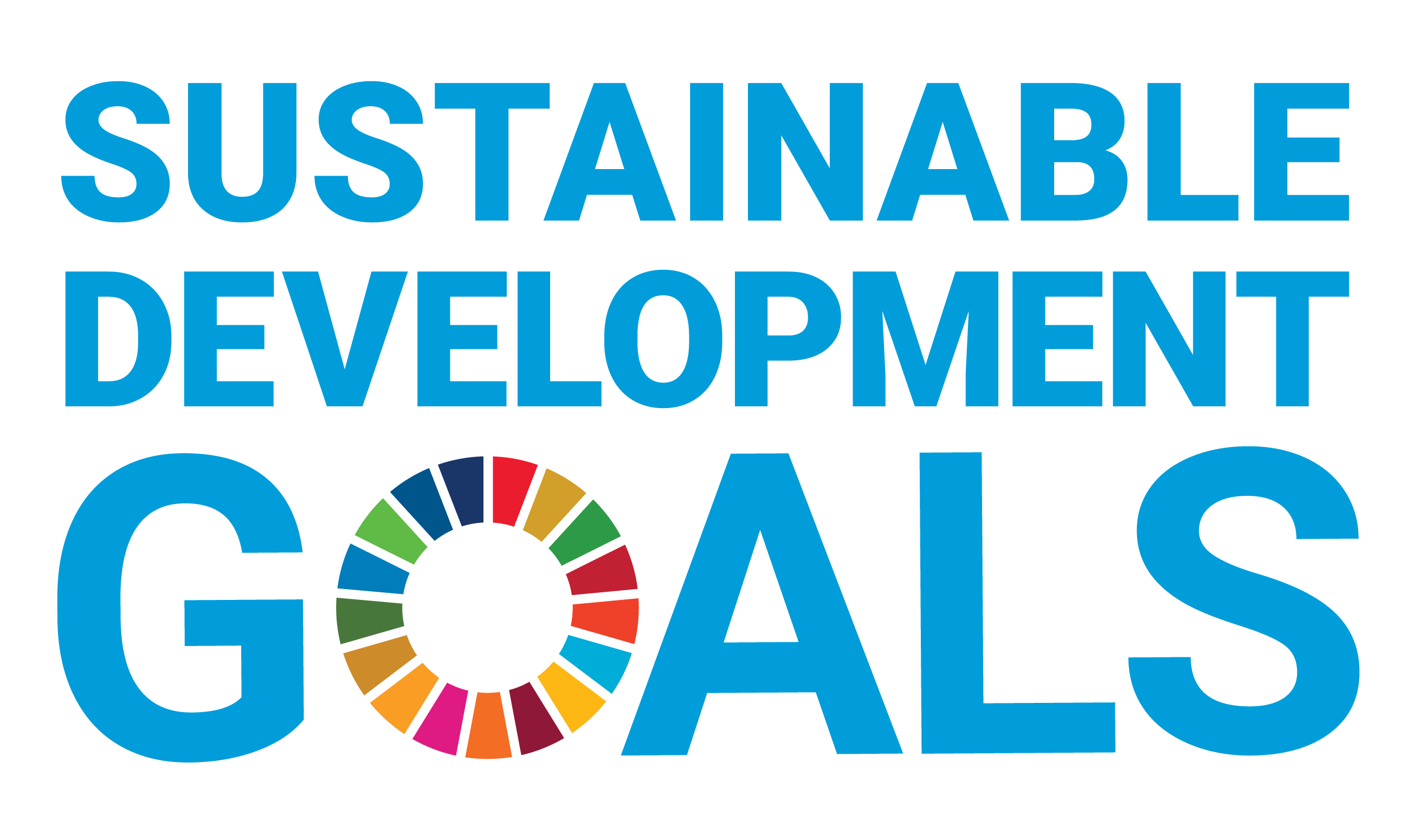Document Type
Article
Publication Date
11-2024
Abstract
The scale and pace of global environmental change calls for a dramatic upscaling of ecosystem restoration and for actions that build the resilience of ecosystems to future environmental change. This research aimed to quantify public perceptions of threats to the health of the Great Barrier Reef (GBR), Australia, and their support for strategies to address those threats including large-scale restoration and resilience-building actions. We examine how these perceptions change over time and across social cohorts including people living closer to the Reef (n = 2621) and the general Australian population (n = 5825). Respondents were concerned about both the current state and future of the GBR. They identified climate change as the largest threat to the GBR with the strength of this perception increasing between 2018 and 2022. Respondents were ambivalent about existing management and overwhelmingly of the view that more should be done to save the GBR. Strong support was expressed for a range of responses including preventing threats, local restoration, measures to increase the resilience of the GBR to future threats, providing more research funding, and large-scale restoration. Trust in science to develop solutions for Reef protection and repair was high and strongly correlated with support for action. The results suggest that ongoing scientifically-informed action – underpinned by deep engagement with impacted communities and stakeholders and the full, prior and informed consent of rights-holders including First Nations – is needed to build public confidence in Reef management and the deployment of technological interventions.
Recommended Citation
Lockie, S., Bartelet, H. A., Ritchie, B. W., Demeter, C., Taylor, B., & Sie, L. (2024). Australians support multi-pronged action to build ecosystem resilience in the Great Barrier Reef. Biological Conservation, 299, 110789. https://doi.org/10.1016/j.biocon.2024.110789



